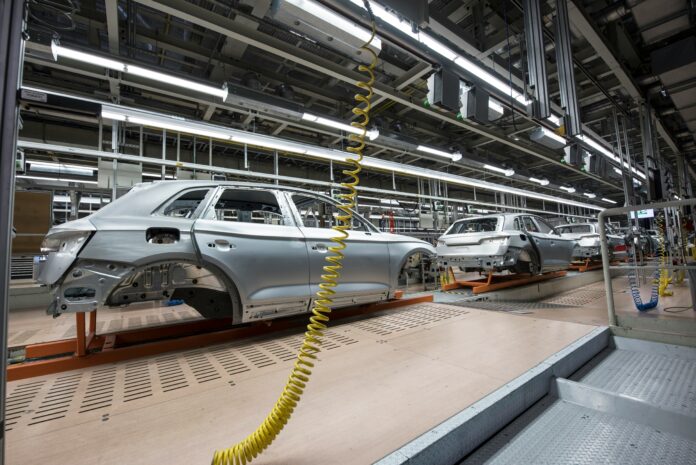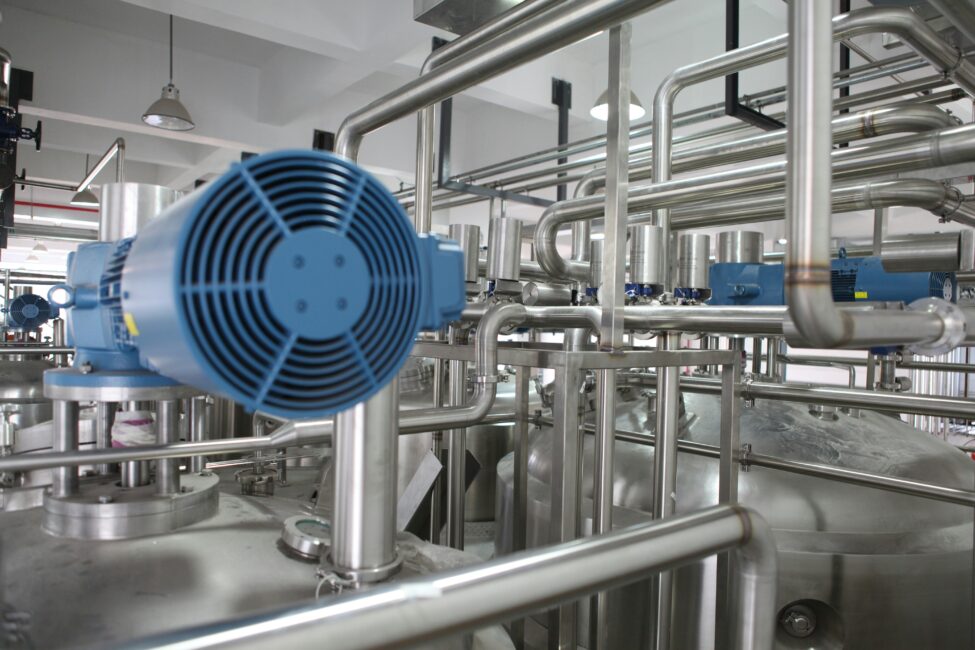In the ever-evolving landscape of manufacturing, efficiency and productivity are paramount. To stay ahead in the competitive world of industry, factories need to equip themselves with the right tools and equipment. In this blog post, we will explore seven essential gears that every factory should have to ensure smooth operations, enhance safety, and boost overall efficiency.
The Role of Motors and Reduction Gearboxes
Motors serve as the powerhouses of industrial machinery, translating electrical energy into mechanical motion. Their efficiency and reliability make them indispensable in various applications, from conveyor systems to manufacturing equipment. However, when precise control and torque multiplication are paramount, a motor with reduction gearbox comes into play. These gearboxes, equipped with carefully engineered gear ratios, enable the motor to exert higher torque while lowering its speed.
This combination proves invaluable in scenarios where a balance between power and precision is required, such as in robotics, conveyor belts, and complex machinery. The reduction gearbox not only enhances the motor’s performance but also ensures optimal utilization of power, contributing to smoother operation and prolonged equipment life in diverse industrial settings.
Advanced Robotics
The integration of advanced robotics stands as a transformative force. These sophisticated machines excel in executing repetitive and physically demanding tasks with unparalleled precision, speed, and consistency. From assembly and welding to efficient material handling, robotic systems are instrumental in boosting production rates while concurrently reducing errors.
Beyond the immediate gains in efficiency, investing in robotic technology fosters an environment where human workers can redirect their efforts toward more intricate and creative facets of the manufacturing process. The symbiotic collaboration between humans and robots not only enhances productivity but also contributes to the evolution of a more dynamic and adaptable manufacturing ecosystem.
Industrial Internet of Things (IIoT) Devices
In the era of Industry 4.0, the Industrial Internet of Things (IIoT) is revolutionizing how factories operate. IIoT devices, such as sensors and smart equipment, provide real-time data and insights into various aspects of production. These devices help in monitoring equipment health, predicting maintenance needs, and optimizing workflows. With the data collected from IoT devices, factories can make informed decisions to minimize downtime, reduce costs, and enhance overall efficiency.
Automated Guided Vehicles (AGVs)
Automated Guided Vehicles (AGVs) are autonomous mobile robots used for material handling within a factory. These vehicles navigate through the facility using sensors and predefined routes, transporting raw materials and finished goods efficiently. AGVs eliminate the need for manual material handling, reducing the risk of accidents and improving the overall safety of the workplace. By implementing AGVs, factories can achieve faster and more accurate material transport, leading to streamlined production processes.
3D Printing Technology
Additive manufacturing, or 3D printing, stands as a transformative force in the manufacturing sector. This revolutionary technology facilitates the creation of intricate and customized components, all while minimizing waste and slashing lead times. Beyond mere prototyping, factories harness 3D printing to fabricate tooling and even end-use parts with unparalleled precision.
The versatility and cost-effectiveness of 3D printing make it an indispensable asset for forward-thinking factories seeking to elevate their flexibility and agility in production. Its ability to adapt to diverse materials and intricate designs empowers manufacturers to respond swiftly to changing market demands. Embracing 3D printing is not just a technological leap; it is a strategic move that positions factories at the forefront of innovation, paving the way for more sustainable, efficient, and adaptable manufacturing processes.
Quality Control Systems
Maintaining high-quality standards is crucial for any manufacturing operation. Implementing advanced quality control systems ensures that defects are identified and rectified before products reach the end-users. Automated inspection systems, equipped with artificial intelligence and machine learning algorithms, can analyze and detect imperfections in real time. By investing in robust quality control measures, factories can reduce waste, improve customer satisfaction, and build a reputation for delivering top-notch products.
Energy-Efficient Machinery
In an era where sustainability is gaining prominence, energy efficiency is a key consideration for factories. Upgrading to energy-efficient machinery not only reduces the environmental impact but also cuts down on operational costs. From motors and compressors to lighting systems, factories should prioritize equipment that meets stringent energy efficiency standards. This not only aligns with corporate social responsibility goals but also positions the factory as a responsible and eco-friendly entity in the eyes of customers and stakeholders.
In the fast-paced world of manufacturing, staying ahead requires a strategic investment in essential gears that enhance efficiency, safety, and overall productivity. From embracing advanced robotics and IoT devices to incorporating energy-efficient machinery and 3D printing technology, factories that prioritize innovation and modernization are better positioned for success. By equipping themselves with these seven essential gears, factories can navigate the challenges of the ever-evolving industrial landscape and pave the way for a more sustainable and prosperous future.























